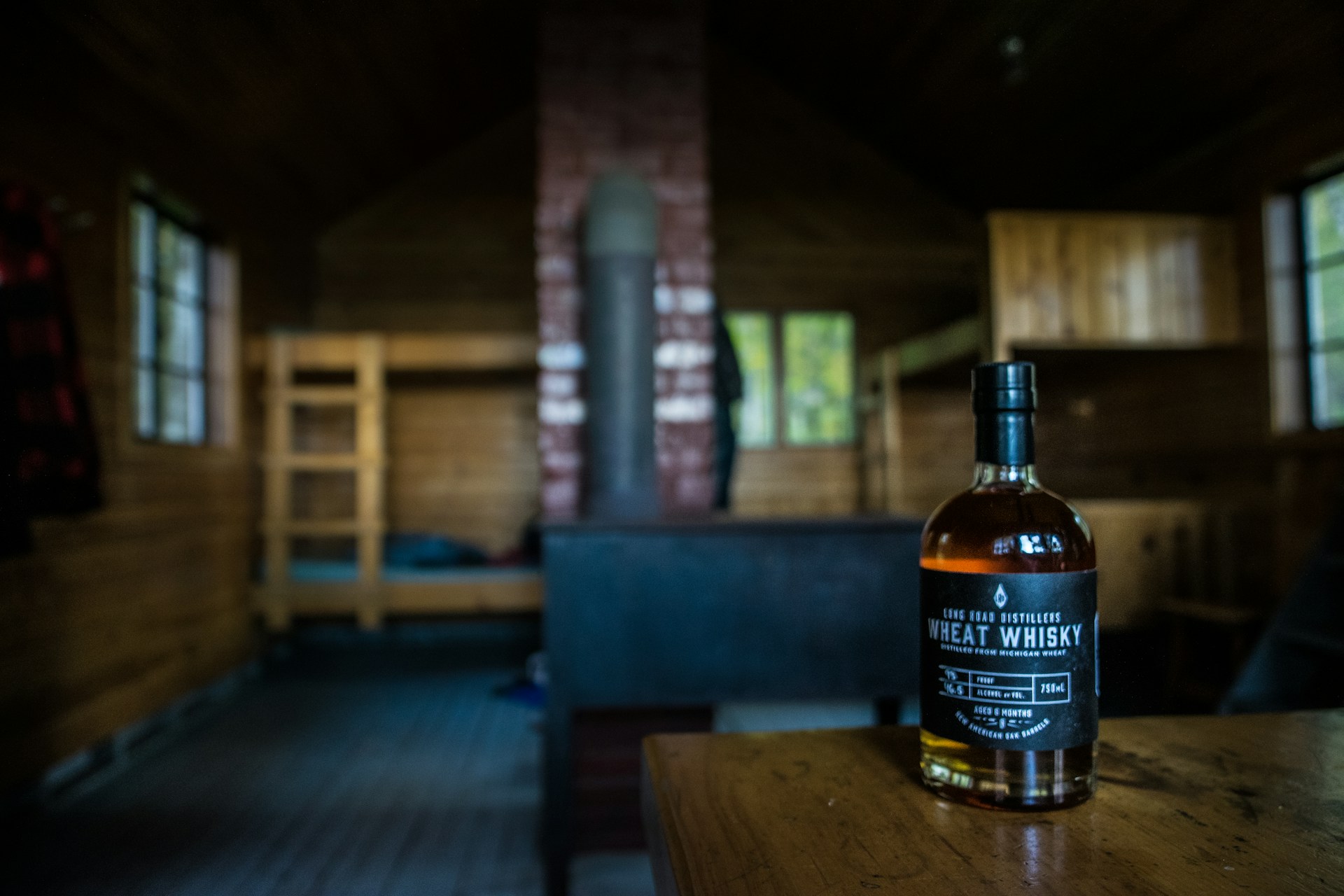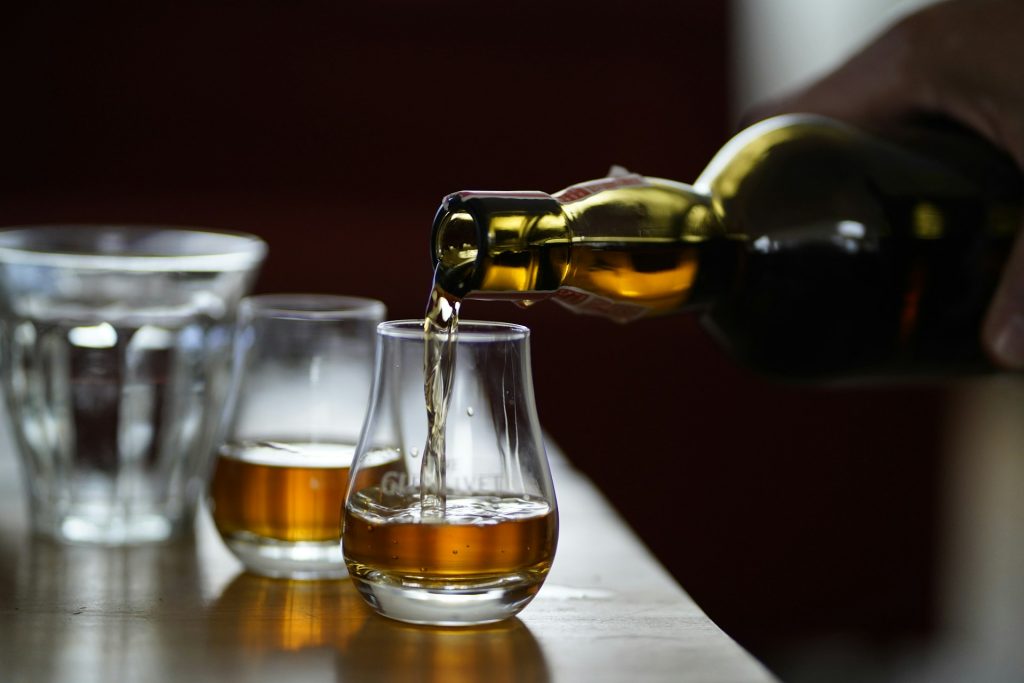
Is Older Whisky Always Better? Myths and Facts
Whisky has captivated enthusiasts for centuries, becoming one of the most celebrated spirits worldwide. Among the many beliefs about whisky, one of the most enduring is that the older the bottle, the better its quality. This notion, often supported by marketing and premium price tags, influences the purchasing decisions of both casual drinkers and connoisseurs. But is this universally true? Let us delve deep into the myths and facts behind whisky aging to better understand whether age always equates to excellence.
Understanding Whisky Aging
The process of whisky aging is a delicate and intricate art that transforms the raw distillate into a complex and flavorful spirit. When whisky is stored in wooden casks, a natural alchemy begins. The spirit interacts with the wood, absorbing compounds that add depth, colour, and character. Over time, the whisky undergoes oxidation, allowing its harsh edges to soften and its flavours to mature.
However, aging is not a straightforward timeline of improvement. The type of wood, previous usage of the barrel, and the duration of maturation all play vital roles. For example, new oak barrels impart intense vanilla and caramel flavours, while barrels previously used for sherry or bourbon add distinct fruity or spicy notes. Thus, the type of cask used can dramatically alter the final product, even more than the number of years the whisky spends aging.
How the Environment Influences Aging
Whisky maturation is highly sensitive to environmental conditions. In regions like Scotland, where the climate is cool and stable, the aging process is slow and gradual, allowing the spirit to develop a refined and balanced profile. Conversely, in warmer climates like Kentucky or India, the rapid expansion and contraction of the cask due to temperature fluctuations accelerate the interaction between the whisky and the wood, resulting in a quicker maturation process.
This environmental variability means that a 10-year-old Scotch whisky might be equivalent in maturity to a 5-year-old bourbon from Kentucky or an even younger whisky from India. Thus, age statements must be understood in context rather than being treated as a universal marker of quality.
Older Whisky: Always Better?
While older whisky is often marketed as premium, age does not guarantee superior quality. In some cases, extended aging can lead to diminishing returns. The prolonged contact with wood might overpower the spirit’s natural flavours, resulting in a product that tastes overly oaky or tannic. Additionally, the whisky’s distillation process and the quality of the base spirit significantly impact its overall character, regardless of age.
Younger whiskies, on the other hand, often showcase vibrant and dynamic flavours. They can be bold, fresh, and full of unique characteristics that might diminish with prolonged aging. For example, peaty whiskies from Islay often lose their smoky intensity if aged for too long. As such, choosing a whisky should depend on the flavour profile you prefer rather than simply its age.
Price and Perception
The price of older whisky often reflects its rarity rather than its taste. Older whiskies are produced in smaller quantities, and as they age, a portion of the spirit is lost to evaporation, known as the “angel’s share.” This scarcity drives up prices, creating a perception of exclusivity and quality. However, many award-winning whiskies come from younger bottles, proving that age is not the sole indicator of greatness.
It is worth noting that marketing strategies have perpetuated the idea that older is better. Premium brands often highlight age statements to justify higher costs, leading consumers to associate age with quality. Yet, blind tastings frequently reveal that many drinkers prefer the balance and complexity of non-age-statement (NAS) whiskies over their older counterparts.

Balancing Age and Quality
The art of whisky making lies in striking a balance between age and flavour. Master blenders are skilled at combining whiskies of different ages to achieve harmonious and intricate profiles. This practice demonstrates that blending expertise can often outweigh the importance of a singular age statement.
Moreover, some distilleries experiment with cask finishes, where whisky is aged in one type of barrel and then transferred to another for additional flavour enhancement. This technique can add depth and complexity to the whisky, creating a product that rivals or even surpasses traditionally aged whiskies.
Expert Opinions
Renowned whisky experts emphasize that personal preference should guide whisky selection. While some individuals enjoy the layered complexity of aged whiskies, others may prefer the bold and youthful characteristics of a younger spirit. Whisky appreciation is subjective, and there is no definitive answer to what makes a whisky “better.”
Experts also stress that distillation, cask selection, and blending techniques are just as important as aging in determining quality. For example, a poorly distilled whisky will not improve significantly with age, whereas a well-crafted young whisky can be exceptional.
In conclusion, the belief that older whisky is always better is more of a myth than a fact. While age can enhance certain qualities, it is not the sole determinant of a whisky’s greatness. Ultimately, the best whisky is the one that suits your palate and brings you the most enjoyment. By exploring whiskies of various ages and styles, you can discover a world of flavours that transcends the boundaries of age statements.
